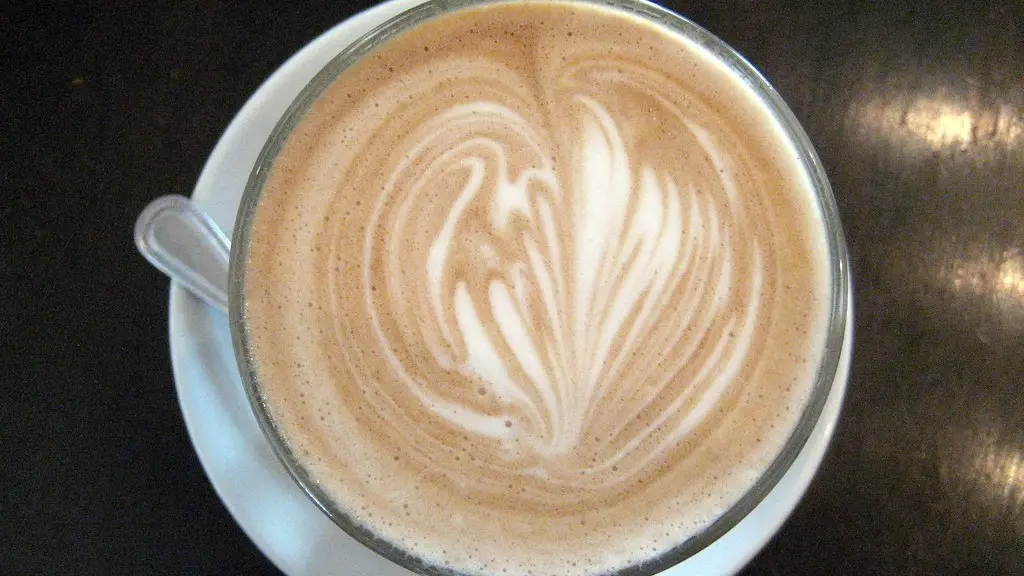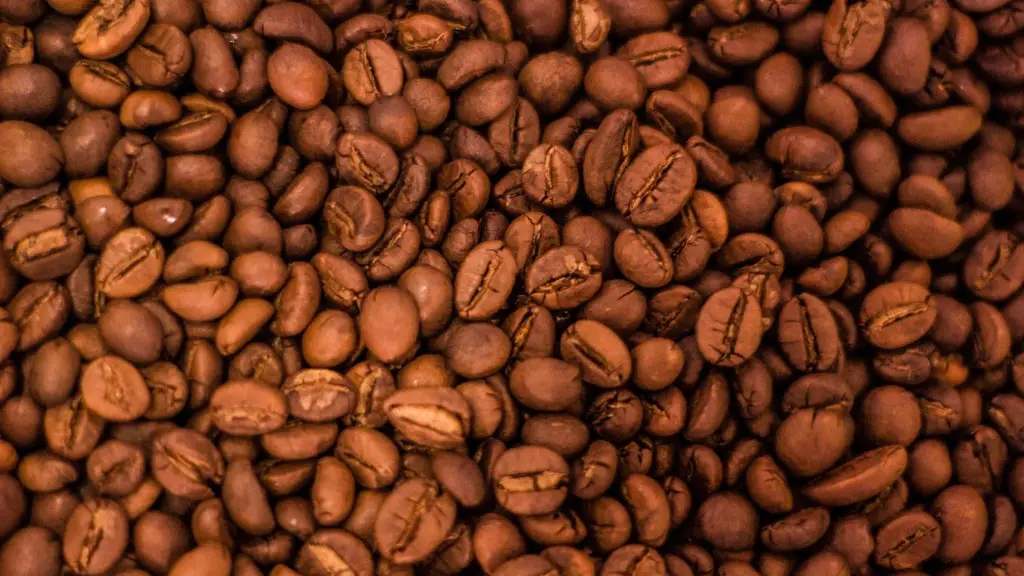Caffeine Intake Before and After Surgery
The average American drinks more than 3 cups of coffee per day. While caffeine can be an important part of a regular dietary routine, drinking coffee immediately before and after bariatric surgery can be detrimental to health.
Caffeine is a stimulant, meaning it can increase heart rate, blood pressure and anxiety levels. It can also upset the stomach, leading to dehydration and GI distress. It is important for a person contemplating bariatric surgery to understand the risks and weigh the short and long-term pros and cons of consuming caffeine.
Experts agree that caffeine should be avoided for several days before and after any bariatric procedure. Prior to the operation, doctors recommend avoiding it for a day or two to reduce the risk of increased blood pressure, heart rate and dehydration. Because of the dramatic changes that take place in the body during surgery, drinking coffee immediately after the operation can be dangerous. Caffeine is known to increase gastric activity, which can be disruptive to the healing process.
Resuming Caffeine Intake After Surgery
Most bariatric surgeons agree that beverages containing caffeine should be completely abstained from for the first three months following surgery. This ensures adequate time for the body to heal and adjust to changes in dietary habits. After the first three months, most bariatric surgeons recommend that any caffeinated beverage be consumed in moderation. Typically, between 100-200 mg of caffeine per day (the equivalent of one to two cups of coffee) is the recommended amount.
The Pros and Cons of Caffeine Intake
Although there are potential benefits to drinking coffee and tea, the risks of consuming caffeine before and after bariatric surgery must be taken into consideration. On one hand, small amounts of caffeine can provide the body with energy, alertness, and focus. High levels of caffeine can, however, increase the risk of dehydration, heart palpitations, insomnia, and irritability.
In order to maintain optimal health, it is advised to speak with a nutritionist or physician before consuming any caffeinated beverage and to follow the recommendations of the medical specialist conducting the surgery.
Alternatives to Caffeine
For individuals who cannot or choose not to drink caffeinated beverages, there are a variety of options available to substitute for coffee. These include chamomile tea, green tea, herbal teas, and decaffeinated coffee. These alternatives can provide the same wake-up feeling, without the potential side effects.
Detecting Caffeine Intake
Caffeine is a stimulant and it can have adverse effects on a person’s overall health. Because of this, most bariatric surgeons recommend testing for increased levels of caffeine immediately after surgery and every three months thereafter. At-home finger prick tests are available, which measure the amount of caffeine in a person’s bloodstream.
Effects of Caffeine on Bariatric Surgery Patients
While there are benefits to moderate caffeine intake, it is important to keep in mind that there are also associated risks. For individuals who have undergone bariatric surgery, consuming too much caffeine can cause an increase in the production of gastric acid, resulting in an upset stomach, heartburn and diarrhea. Additionally, it can also lead to elevated levels of stress, restlessness, and irritability.
Managing Caffeine Intake
It is important for individuals who have undergone bariatric surgery to be mindful of their caffeine intake. Consuming caffeinated beverages in moderation is recommended, but avoiding it altogether during the healing process following surgery can reduce the chances of developing complications. The best approach is to speak with the bariatric surgeon about caffeine intake and follow the doctor’s instructions about when to resume and how much to consume.
Finding Alternatives to Coffee
Coffee is a ritual for many bariatric surgery patients before and after the operation. Finding alternatives to this daily routine can be difficult and requires creative problem solving. Exercise, meditation, and even flavored waters can aide in providing energy and help to satisfy cravings. Establishing new routines can help to reduce the need for caffeine and keep patients motivated and invigorated.
Effects on Appetite
Caffeine is a known appetite suppressant and can be beneficial for bariatric surgery patients by decreasing hunger and cravings for unhealthy foods. However, it can also increase anxiety, irritability and restlessness. To maintain healthy habits and achieve optimal weight loss, parients must make sure that their routine includes healthy amounts of sleep and stress management.
The Takeaway
While moderate amounts of caffeine can be beneficial for those recovering from bariatric surgery, consuming it in excess can be detrimental to their health. To limit the risks associated with caffeine intake and optimize the benefits of bariatric surgery, individuals should follow the instructions of their bariatric surgeon and consult a nutritionist for guidelines about the recommended amount. Additionally, finding alternative to coffee and establishing healthy routines can help to reduce cravings and ensure optimal health.


